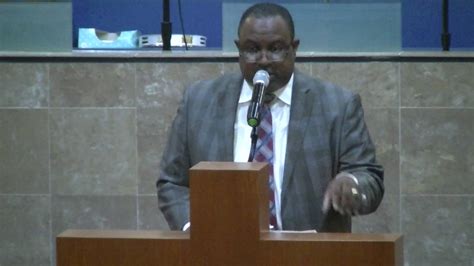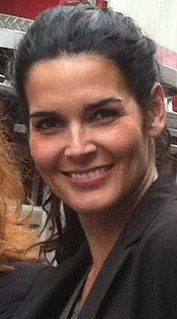A Quote by Joyce Meyer
I have learned from personal experience that putting trust in God means there will be some unanswered questions. That was a hard lesson for me because I naturally want to understand everything... to know what's going on so I can feel like I'm in control.
Related Quotes
The idea that somehow "no self, no problem"- I don't exist because I don't have a self- would be a mistaken understanding. However, the selflessness teaching is not that hard to understand. What it means is a type of self that people feel they have, like a fixed, unchanging identity. Either they know they have it, or for some, they feel they need to seek it, and possibly have an experience where they feel like they found something. That type of fixed, unchanging, essential self, or absolute self doesn't exist. That's what "no self" means.
In my experience, writing a novel tends to create its own structure, its own demands, its own language, its own ending. So for much of the period in which I'm writing, I'm waiting to understand what's going to happen next, and how and where it's going to happen. In some cases, fairly early in the process, I do know how a book will end. But most of the time, not at all, and in this particular case, many questions are still unanswered, even though I've been working for months.
There are a lot of times that we feel like our hands are tied - 'I have no control over if I'm going to lose my job.' 'I have no control over if I'm going to be able to pay my bills.' You've got to realize that that's where your trust comes in. You have to trust God, and keep your hope, because your hope is what produces your faith.
With experience, you understand expectations, you understand consequences, but sometimes it gets a little bit hard, especially for me, that I'm a perfectionist - I want to analyse everything. And sometimes it's most important to just let go and trust your instincts. This is what I need to do more of.
I don't need to control the mind of my viewer. Now this might sound contradictory because I want to make these installations set up an environment that will produce a certain kind of experience in the viewer, but beyond a certain point, I take hands off and leave it up to chance and personal experience. So maybe it's a marriage of control and no control we're talking about where the artist produces the artifact or the environment and then walks away from it, and the second half of the equation is the viewer and their personal history and how they feel about what they're experiencing.
One reason we can hardly bear to remain silent is that it makes us feel so helpless. We are so accustomed to relying upon words to manage and control others. If we are silent, who will take control? God will take control, but we will never let him take control until we trust him. Silence is intimately related to trust.
I pray everywhere--in the shower, on a plane, in traffic, you name it. When I feel like I have had enough, I will literally take a knee, bow my head, and beg God for help and strength. I know not to beg Him for patience, because then He gives me situations in which I have to grow more patient; I learned that lesson! And if I am having a wonderful day, I will stop to thank Him. It's a relationship.
It really does no good to ask questions that reflect opposition to the will of God. Rather ask, What am I to do? What am I to learn from this experience? What am I to change? Whom am I to help? How can I remember my many blessings in times of trial? Wiling sacrifice of deeply held personal desires in favor of the will of God is very hard to do. Yet, when you pray with real conviction, "Please let me know Thy will" and "May Thy will be done," you are in the strongest position to receive the maximum help from your loving Father.
Sometimes I'll go for something more because of the story, or more because of the director. But, generally, I have to feel like it's something that I have a real sympathy for - a person that I can completely go, "Oh, wow, oh, I'm there." Otherwise I don't feel like I will be able to pull it off at all. I know I haven't done everything very well in the past; some things have worked and some things haven't. But I need to feel like I can feel about the person, understand that person, I suppose.


































